just a girl's digital diary about her journeyHealth | Beauty | Fashion | Self Improvement | It Girl 101
Don't wanna be here? Send us removal request.
Text
Excellent, excellent post! So well thought out and covers literally everything!
Secrets to the Arabian Princess Scent 💐🧴🪷
So with Arab perfumes becoming popular in the West due to their strong projection and beautiful smell, and the Arab world becoming known for our knowledge on how to smell good af, I (a half Moroccan) am going to reveal some other ways we ensure we smell amazing to the girlies on Tumblr who are interested in Arab perfumes or just in generally smelling amazing 😍 Most tips are Moroccan but many apply to the Arab world in general (under the cut because this turned into a long post) ✨💞💐
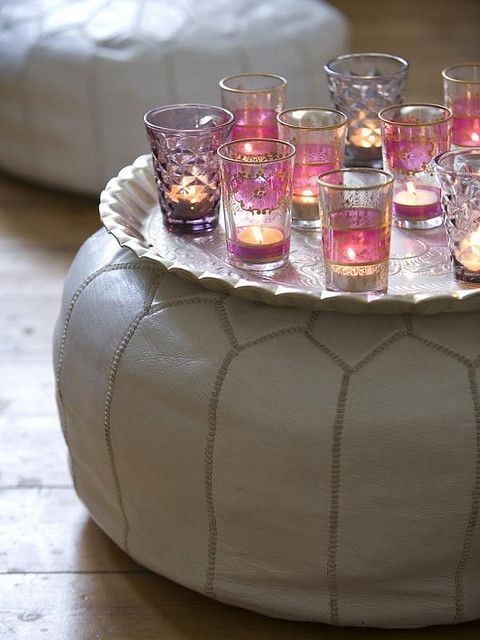
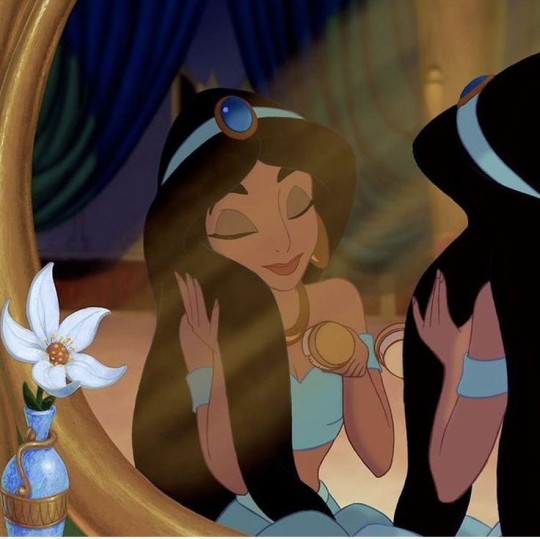
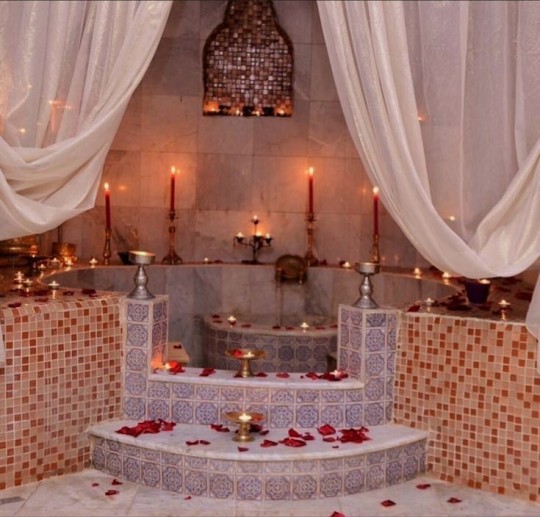
1) Good Eating Habits: When my mother moved here to Europe, she was immediately struck by how the people seemed to smell like "pig." And that's no coincidence. You are what you eat, so coming from a country where nobody eats pig to one where everyone eats it, of course you're going to be struck by people smelling like it from the inside out. Not just that, but in the Arab world, it's also way less common for people to eat takeout and drink alcohol, whereas in many parts of the West, these things are a normal part of many people's diets and affects their natural scent. A lot of Arabs have also talked about how Westerners smell like "milk," and this is because Westerners tend to consume more dairy products than people in the East do. It's also common for Arabs to eat fruit as dessert instead of having cakes or cookies all the time (although speaking of cookies and cakes, the scents of rosewater, orange blossom water, almonds, honey, vanilla, oranges and lemons commonly used in Arab baking fill up the house with a wonderful smell while they're baking). Teas made from various herbal infusions are popular throughout the Arab world. Spearmint, peppermint, sage, cardamom, cinnamon, hibiscus, chamomile, anise, and thyme are commonly used to flavor tea in MENA. Dried lime tea is drunk in the Arabian Peninsula. Coffee flavoured with cardamom is also common. I especially like Turkish coffee. Spices like cinnamon, cardamom, and cloves are commonly used in cooking, and the scent of them can cling to your clothes and hair. Herbs like mint and parsley, which have natural deodorising properties, are often used in meals.
I'm not saying that you need to cut any foods out in order to smell good, but you should consider reducing the amounts of unhealthy foods and red meats you eat, and make sure to drink plenty of water and eat veggies and fruit daily.
2) Keeping a Clean House: Here in Ireland, a lot of people don't clean their houses every day. I know multiple people that only clean their floor once a week, and have a couple of neighbours who don't do much cleaning themselves and just have a housekeeper visit to clean once a week. But in Morocco, people clean daily. The home is also deep cleaned once a week, we even wash the walls. We don't wear shoes inside, and not just that, but we also have different slippers specifically for wearing inside the bathroom. Living in a clean space is important for smelling good, because no matter what you do, you'll always end up smelling like wherever you live due to spending so much time there. The scent will cling to your clothes and hair. Which means if your house smells dirty, you will also smell dirty.
As well as making sure the house is clean, Arabs also make it smell pretty with extras. For example, in Morocco it's common to burn incense or bakhour (perfumed wood chips), and the scent permeates your clothes. People also keep pieces of musk in their wardrobes (wrapped in a handkerchief). It come in scents like orange blossom, jasmine, amber, sandalwood, chamomile and lavender. An unused bar of soap or a sachet of potpourri in your wardrobe will do the same job though if you can't or don't want to buy musk. The musk can also be used as a scented wax melt, a home scent (you just leave it in a bowl), a body perfume (rub it on your skin), a hair perfume (rub on your palms and run through the hair), or to scent bathwater. Solid perfume made from natural ingredients has the same effect. I like Lush Rose Jam solid perfume, as it smells like sweet roses and Turkish delight, and a little goes a long way.
Specific to Marrakech, you can buy jasmine balls which you just leave around the house (if you're not in Marrakech, you can just leave potpourri or dried flowers and herbs in sachets on your desk, bedside table, etc). The Marrakech herbal shops also sell sandalwood bark which you burn. Oud and amber are also burned. Herbs like lavender are sprinkled under carpets and rugs so the scent rises as they're stepped on.
3) Personal Hygiene: In the Arab world, people shower daily. In Morocco, we also go to the hammam (public bath) once a week, and we sit in the sauna room, and then rub our bodies with sabon beldi (black soap), a natural soap made from olive oil and black olives, leaving it on for a few minutes before rinsing it off. Then we scrub our skin with a kessa glove after it's marinated. Exfoliating dead skin regularly makes perfume cling to you better (if you order Korean bath towels from Amazon, they're very similar to Moroccan kessa gloves and you use them in a similar way). Then after washing our hair, we use a ghassoul clay mask (some people also rub henna into their skin). After washing the clay off, many people rub rosewater or argan oil into their skin before heading to the relaxation area to enjoy refreshments. As well as helping us smell good, it also makes our skin incomparably soft. When my parents were newlyweds, my father remarked on how he'd never felt a woman with such soft skin in his life before. My mother attributes it to regularly using the hammams before moving here.
Obviously not everyone has access to a hammam, but you can create a similar experience at home. Just sit in a steamy hot shower for 10-15 minutes, wash your skin with a natural soap and leave it on for a few minutes before rinsing off and exfoliating with a glove. Then tone with rosewater and apply oil to your body.
Dukhan treatments (smoke baths) are practiced in Sudan. Married women and brides anoint themselves with oil, before sitting over a chair with a hole in the centre. Under the seat, there is a pit, in which acacia wood, frankincense, or other aromatic woods and resins are burned in a clay vessel.
As well as showering daily (and using the hammam regularly if you're Maghrebi), many people in the Arab world also perform wudu (ritual cleansing) five times a day before praying.
Alum was commonly used as a natural deodorant in the Arab world in the past, and some still use it today.
Bidets are also common in the Arab world. In the Northern Hemisphere they're uncommon, but it's easy to get a portable bidet (a small squeezable bottle with a nozzle) online.
We also wash our hands before meals, with a pitcher of water which is passed around the room. In Turkey, they use kolonya, made from fig blossoms, jasmine, rose, or citrus to disinfect their hands.
4) Fragrances, Lotions and Potions: In the Arab world, perfumes are incredible. They're oil-based, so they have excellent projection and longevity. The olfactory notes commonly used in them are beautiful too: delicate rosewater and orange blossom water, exotic oud, sweet amber, vibrant roses and jasmine. In Morocco, gardenia scents are popular, even among men.
Emirati perfumes are the most well known in the West and are super good. Some personal favourites of mine include Oud Mood by Lattafa (Caramel, rose, saffron, and oud), Fatima Pink by Zimaya (Sweet rose that smells like a bit like Turkish delight. it's a dupe of the French Parfums De Marly Delina, however, the actual Delina smells very similar to generic rose oil perfumes you can get in the Arab world to begin with so Zimaya was basically able to dupe it to a T. Their version lasts really long too), Ameerat Al Arab by Lattafa (jasmine, a hint of oud, slightly citrusy. Also the name means "Arabian Princess" in English), Fakhar Rose by Lattafa (sweet, fruity, and very floral) and Yara by Lattafa (floral, amber, vanilla and strawberry). I buy my perfumes from Dubai Perfume Shop in Dublin, but they can be easily found online. Some well-known Arab perfume houses include Lattafa, Al Rehab, Zimaya, Al Qurashi, Amouage, Afnan, Ajmal, Asdaaf, Al Haramain, Armaf, Kayali, Maison Alhambra, and Swiss Arabian, but there are hundreds more.
As well as sprayable perfume, perfume oil is also used. It usually comes in rollerballs or small containers, is inexpensive, and lasts for ages. Like spray perfume, it comes in a huge variety of scents. You can also put it in diffusers or add some to cotton balls and leave in your wardrobe to scent clothes and linens.
Arabs know when to wear perfumes. For example, a rich, sweet, strong oud and vanilla scent will be beautiful in colder weather. But in warm weather, it will become cloying and sickly. Musk, amber and saffron are popular in winter, while rose, orange blossom and jasmine are popular in summer.
In the Arab world, many stalls in the Medina sell gorgeous oils, fragrances and soaps that are inexpensive. For example, the musk I mentioned above. As well as making your home smell incredible, you can also rub it on your body and you'll smell good for days.
Rosewater is commonly used as a toner and to remove makeup. In the town of Skoura, where my great grandparents were from, men even use it to shave with! Orange blossom water is also used in Arab beauty routines in a similar way to rosewater. You can apply either to a bath for extra luxury.
Argan oil is commonly used in Morocco on both skin and hair, as well as the less well-known but just as good prickly pear oil (which is very high in vitamin E). Pure argan oil actually smells a bit stinky fyi, but for beauty, things like rose oil and menthol are commonly added, so it smells pretty good. Throughout the Middle East and North Africa, jasmine hair oil, castor oil and sweet almond oil (I like putting it in my baths and on my body) are easy to find. Usually Middle Eastern and South Asian shops in the West sell them too.
Honey and almond masks have been used since ancient times, and to this day are still popular. You can buy them basically anywhere. Homemade face masks made from honey and yoghurt or crushed figs and yoghurt are also used.
Aloe Vera is used to treat dry skin, acne, and sunburns. It has a cool and refreshing scent, perfect for the hot climate in many parts of the Arabian world. I like applying it after shaving as it's soothing, natural, and absorbs easily.
Frankincense, a resin used in the Middle East and North Africa for thousands of years, was traditionally used as a natural perfume. It's commonly used in incense. Frankincense oil is also good for the skin.
There are many beautiful scented soaps available in the Arab world. If you go to Turkish or Arab supermarkets, a lot of them will have a section where they sell hygiene products, including soaps with ingredients like argan, rose and oud, and olive oil. I've even found Syrian Aleppo soap before. You can just buy soaps from regular stores in scents like rose, jasmine, honey and almond, orange blossom and sandalwood for achieving that exotic scent though.
As well as using various oils, perfumes, and fragrant beauty treatments, Arab women also know how to layer these different scents to add dimension to them and avoid clashing. For example, a rose perfume over a vanilla lotion will always smell good. Other combinations that are good include almond and vanilla, rose and oud, rose and jasmine, lavender and lemon, rose and orange blossom, and orange blossom and vanilla. But there are many different combinations you can use to achieve a delicious scent that's unique to you.
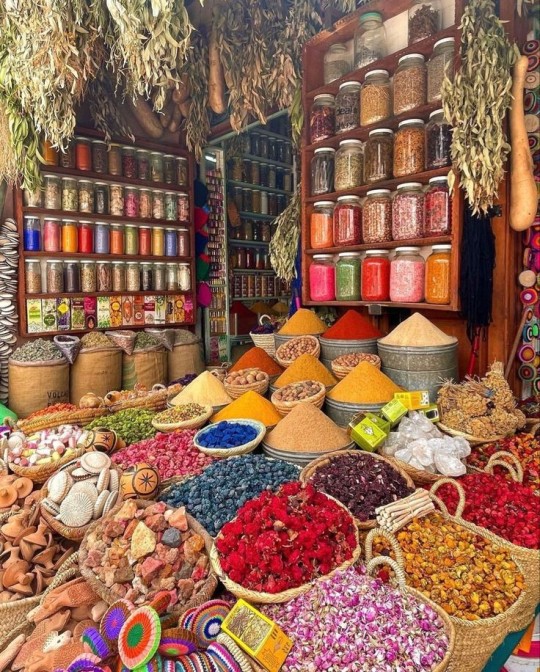

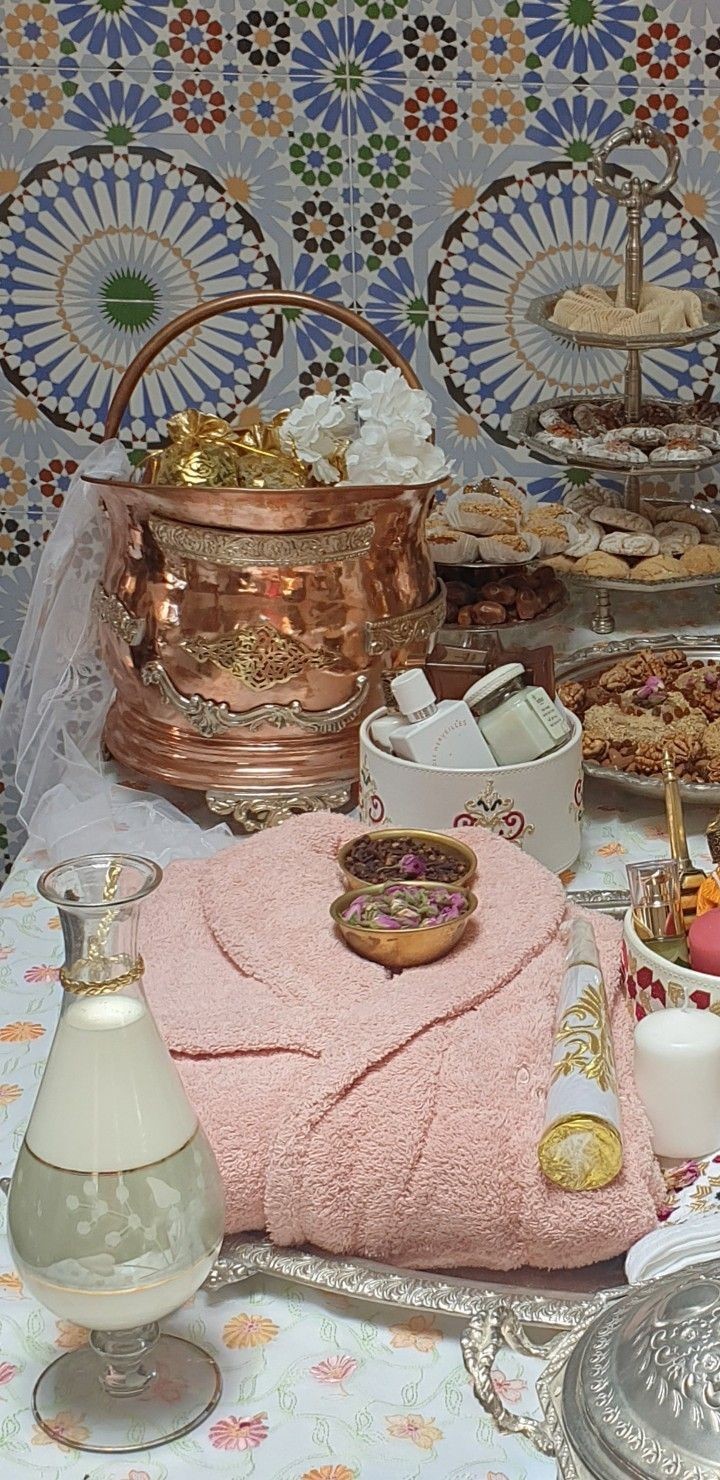
I hope this was helpful, stay pretty ✨
844 notes
·
View notes
Text

via https://www.pinterest.com.au/pin/601089881551602235/
x, theiconicfeminine
#morning routine#self care routine#daily routine#successmindset#successful#journal#90s supermodels#kate moss#pilates#pink pilates girl#pink pilates princess#pilates aesthetic#girlblogging#just girly things#this is what makes us girls#inspo#it girl#pinterest girl#dream girl#clean girl#organised#lana del rey#hairstyle#healthy eating
6 notes
·
View notes
Text

via https://www.pinterest.com.au/foreverurfavscorpio/
x, theiconicfeminine
#90s supermodels#kate moss#pilates#lana del rey#nutrition#hairstyle#dream room#wall art#girls room#it girl#pinterest girl#dream girl#clean girl#pink pilates princess#girly girl#girly aesthetic#girly stuff#iconic#an icon#iconique#absolutely iconic
1 note
·
View note
Text
just a reminder that there’s so much more that we still don’t know about ourselves and that’s what makes life so beautiful. next year you could find your next favorite musician or fall in love with someone you haven’t even met yet. you might see a new shade of green that will become your new favorite color or you could become obsessed with a new food that you thought you once hated. we change as life goes on. we grow as life changes. our experiences shape us into a new person. it’s beautiful.
67K notes
·
View notes
Text
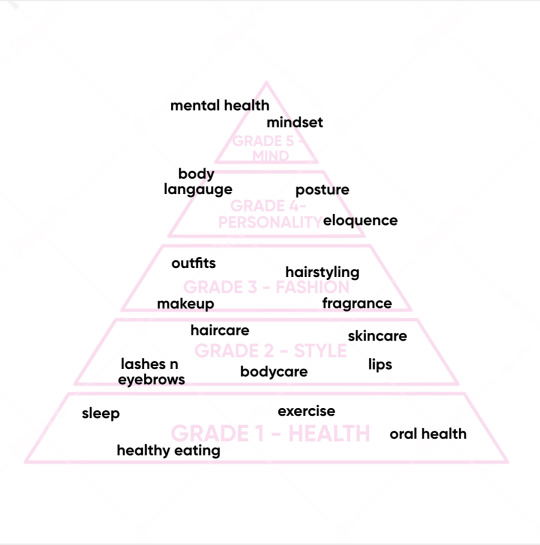
wanted to post this on it's own because i spent so much time on it...
19K notes
·
View notes
Text
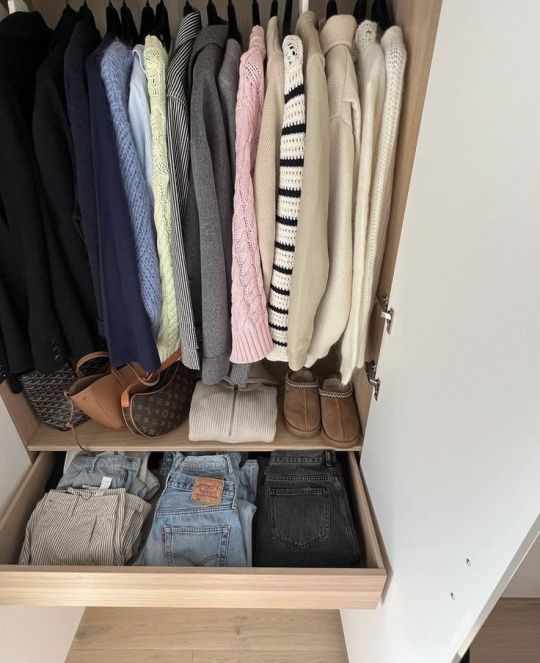




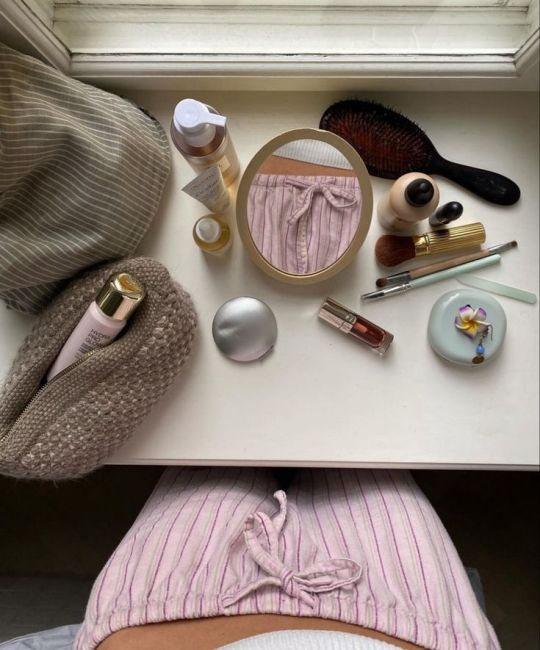

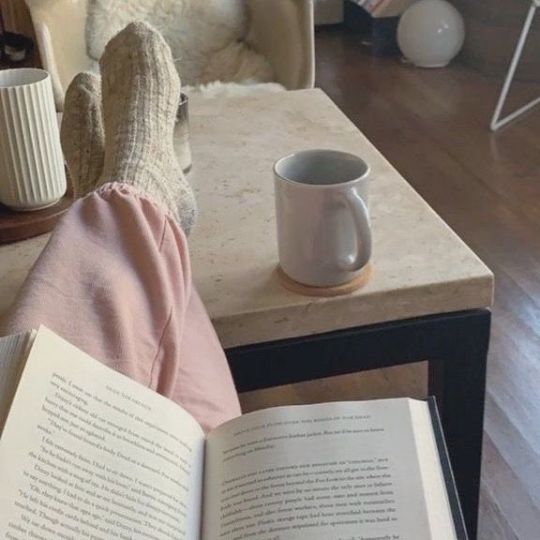

And suddenly my life started looking this way...𝜗𝜚
1K notes
·
View notes



